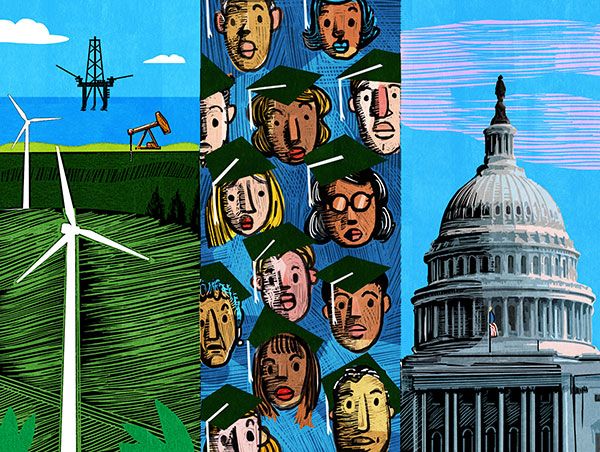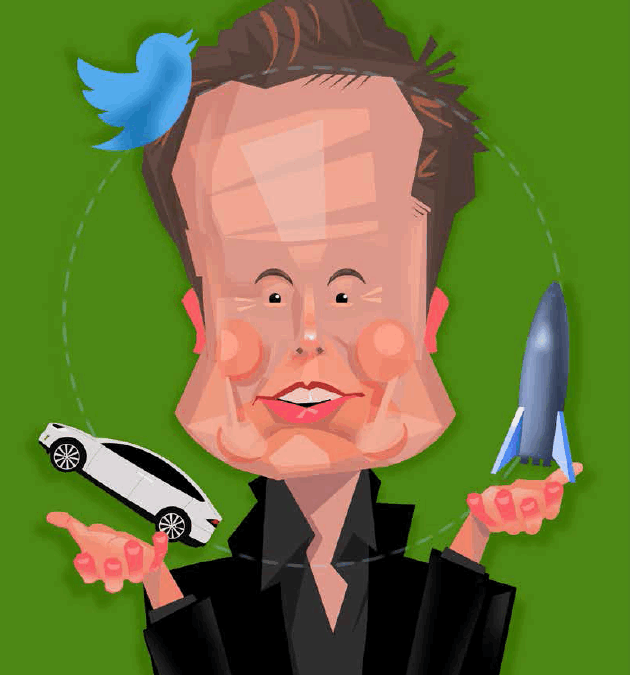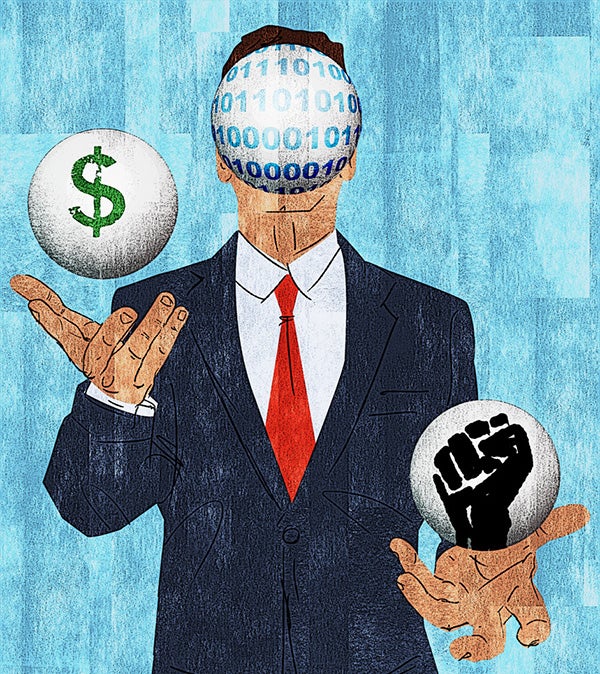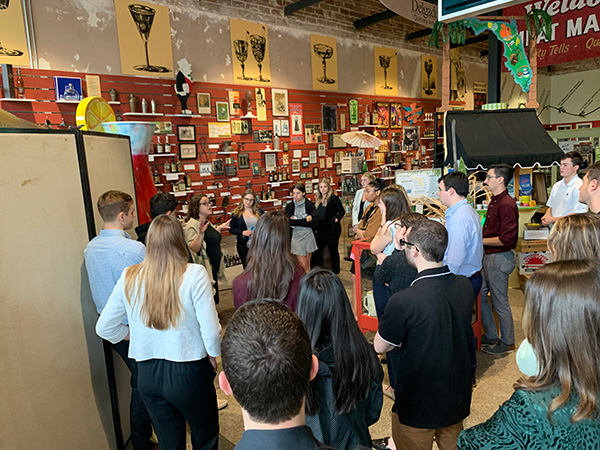
Stablecoins: A new platform for the dollar
Digital dollars backed by T-bills offer instant global payments, lower fees and 24/7 settlement, reshaping how money moves while strengthening demand for U.S. Treasury securities.

Digital dollars backed by T-bills offer instant global payments, lower fees and 24/7 settlement, reshaping how money moves while strengthening demand for U.S. Treasury securities.

The FTC argues that banning noncompete clauses would create new businesses, raise worker wages and boost innovation, but agreements prohibiting employee mobility offer important benefits for both the firms and society.

Considering environmental risks when evaluating an investment isn’t as new or controversial as you may think.

What does an executive who leads a company that manufactures electric vehicles — and who is still struggling to address the challenges of that industry — know about managing a largely unprofitable social media company? Even in the best of circumstances, it would have been a questionable decision.

Like a sudden splash of cold water, the COVID-19 pandemic was a rude awakening for many organizations. The global surge in uncertainty intensified the need for operational responsiveness and digitalization, fundamentally changing the way employees view and approach work.

When Associate Dean John Clarke told me that Freeman had identified hospitality entrepreneurship as an emerging opportunity area for the school, I got very excited. I distinctly remember his pitch — “creating competitive advantage through customer experience” — and while that tidy summation is still accurate, the more practical question for me was, “What does a specialization in Entrepreneurial Hospitality actually look like?”